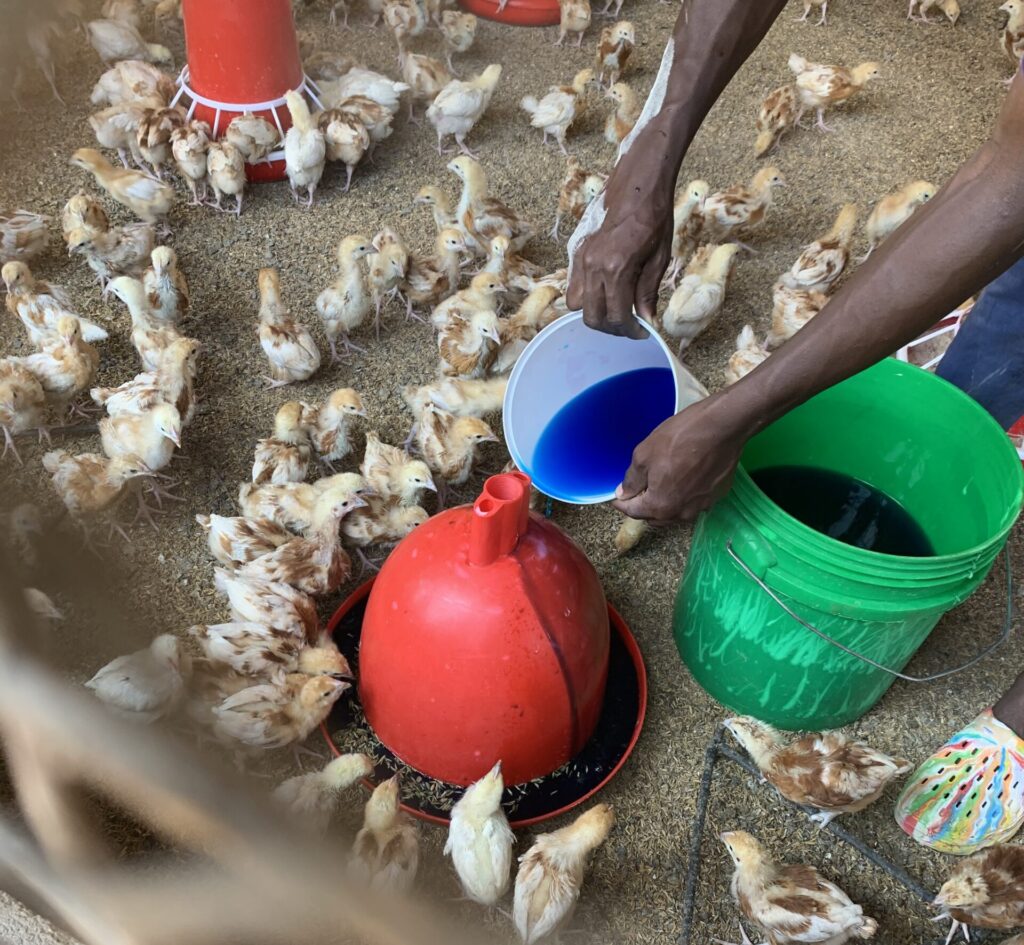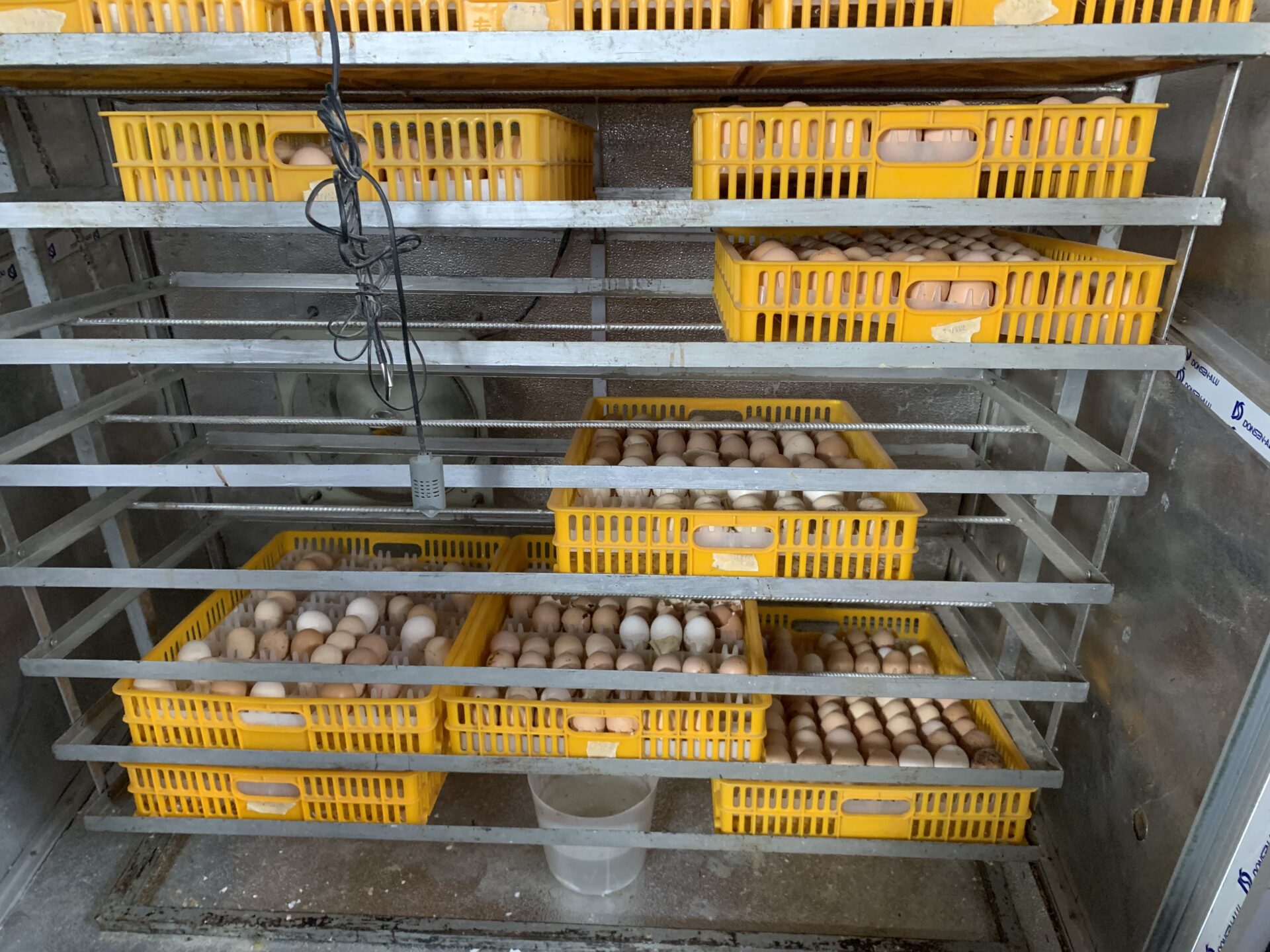Reducing the import of antimicrobial resistance into Benin through day-old chicks and hatching eggs
Context
The government of Benin is currently deploying efforts to reduce antimicrobial resistance (AMR) and antimicrobial use (AMU) in humans. Importantly, in 2016, WHO supported the Ministry of Health to develop a national action plan (NAP) for the prevention and control of healthcare associated infections, with the overall aim of significantly reducing the use of antimicrobials in humans.
However, there is currently limited international support for AMR efforts in the veterinary sector, despite the inclusion of the sector in the national action plan to fight AMR. Regarding the poultry sector, Benin does not have enough hatcheries and thus relies to a large extent on imports to procure day-old chicks. This represents a risk for Benin to import antimicrobial resistant bacteria carried by those chicks which can then disseminate throughout the Beninese value chain. Illegal imports of day-old chicks are estimated important in Benin.
Problem
ICARS funded a co-development study in July 2022 in Benin which revealed the presence of multidrug-resistant bacteria (E. coli, Salmonella spp., Enterobacter cloacae, Bacillus cereus, Pseudomonas spp. and K. pneumoniae) with a predominance in the informally imported day-old chicks compared to the formally imported ones. For example, 80% and 93 % of E. coli strains isolated from illegally imported day-old chicks were resistant to ciprofloxacin and gentamicin, respectively.
Project overview
The project aims to design and support the implementation of a microbiological certification system (MicS) for imported day-old chicks and hatching eggs in Benin. The objectives/work packages (WP) of the project are to:
- Conduct an in-depth mapping of the poultry value chain in Benin, including the formal and informal sectors and routes involved in day-old chick and hatching egg imports in Benin.
- Assess the knowledge and practices of the main stakeholders of the poultry value chain in Benin.
- Determine the types and levels of antimicrobial resistance in priority bacteria (E. coli, Enterococcus faecalis/faecium and Salmonella spp.) in day-old chicks and hatching eggs imported formally and informally.
- Explore with relevant stakeholders (formal and informal) the conditions and set-up criteria of the MicS.
- Suggest the design and content of a potential future formal and legal MicS for imported day-old chicks and eggs.
Outcomes
The project will lead to a much better understanding of the poultry value chain organization and actors in Benin, which is essential to implement interventions in this sector. The knowledge and practices of these actors will also be better known, as well as the risks of AMR import through hatching eggs and day-old chicks in Benin. The design and feasibility study of the MicS will represent a significant milestone in the efforts of Benin to protect its poultry value chain and consumers from AMR.
Result
Gallery
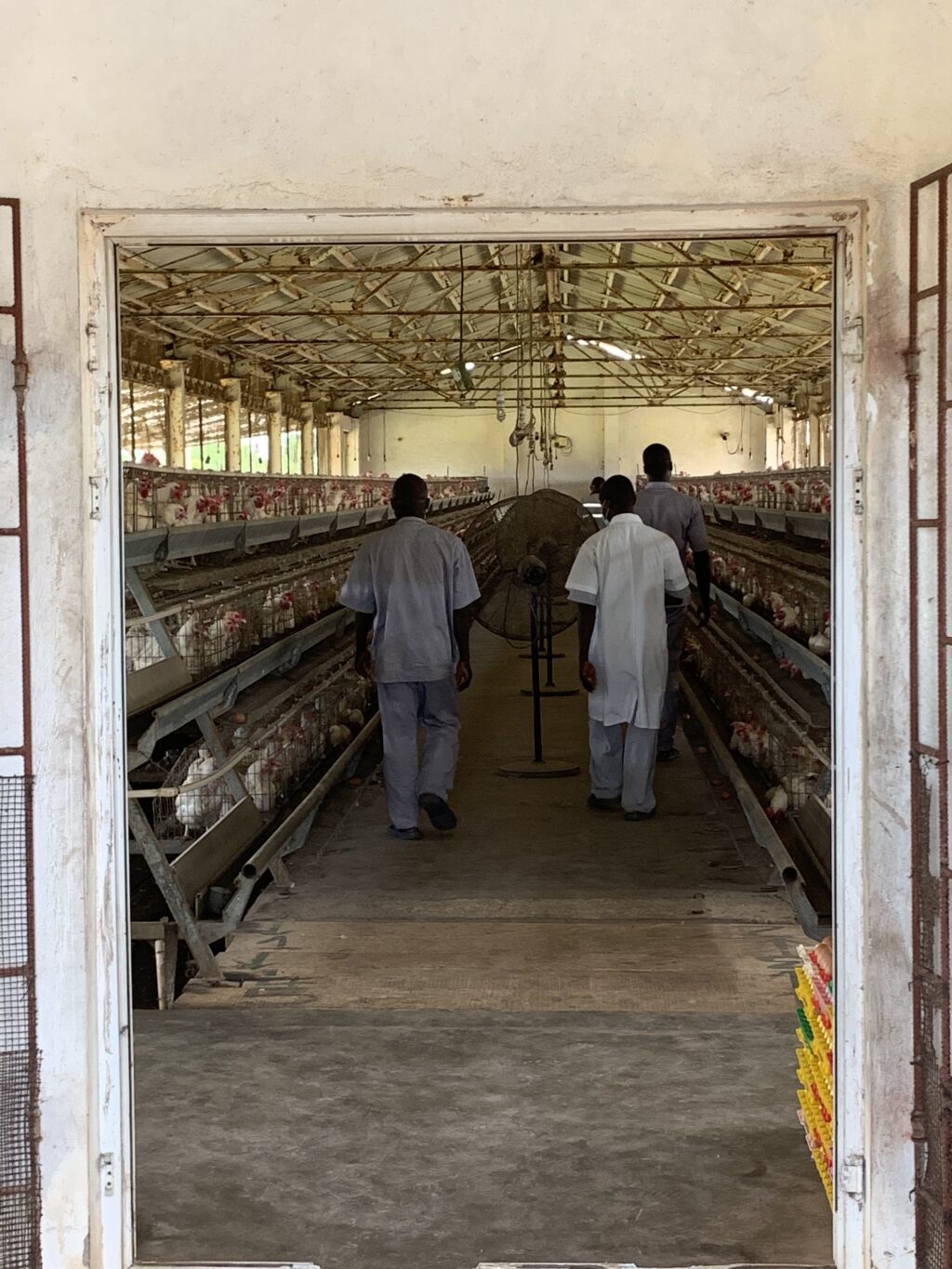
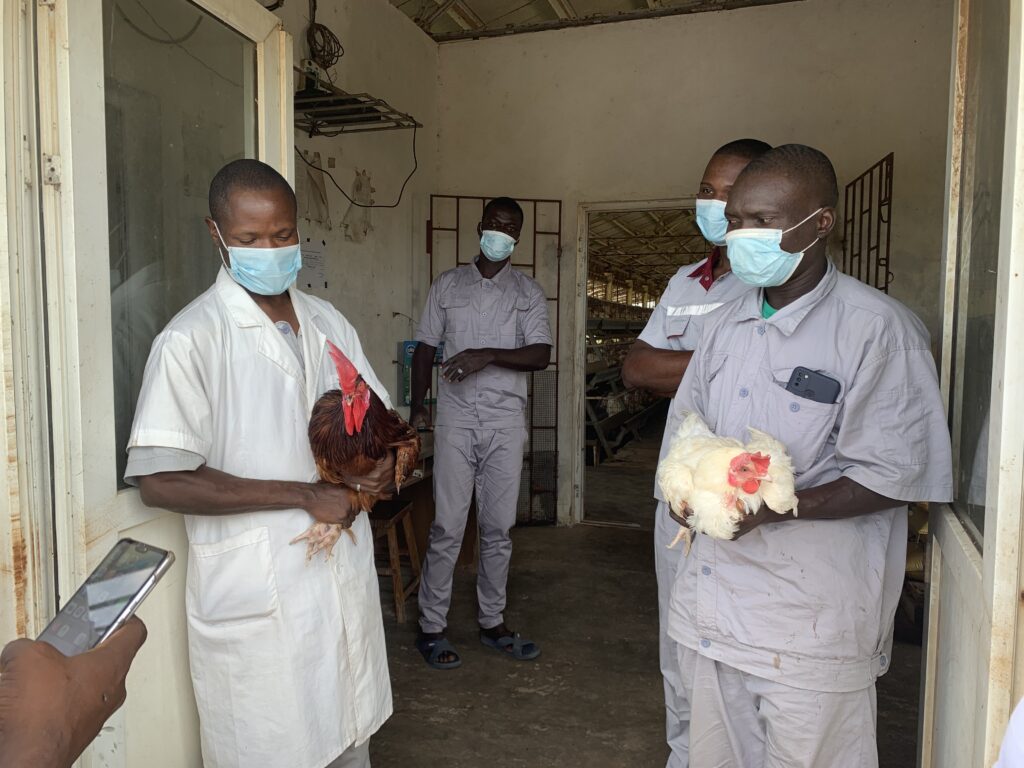
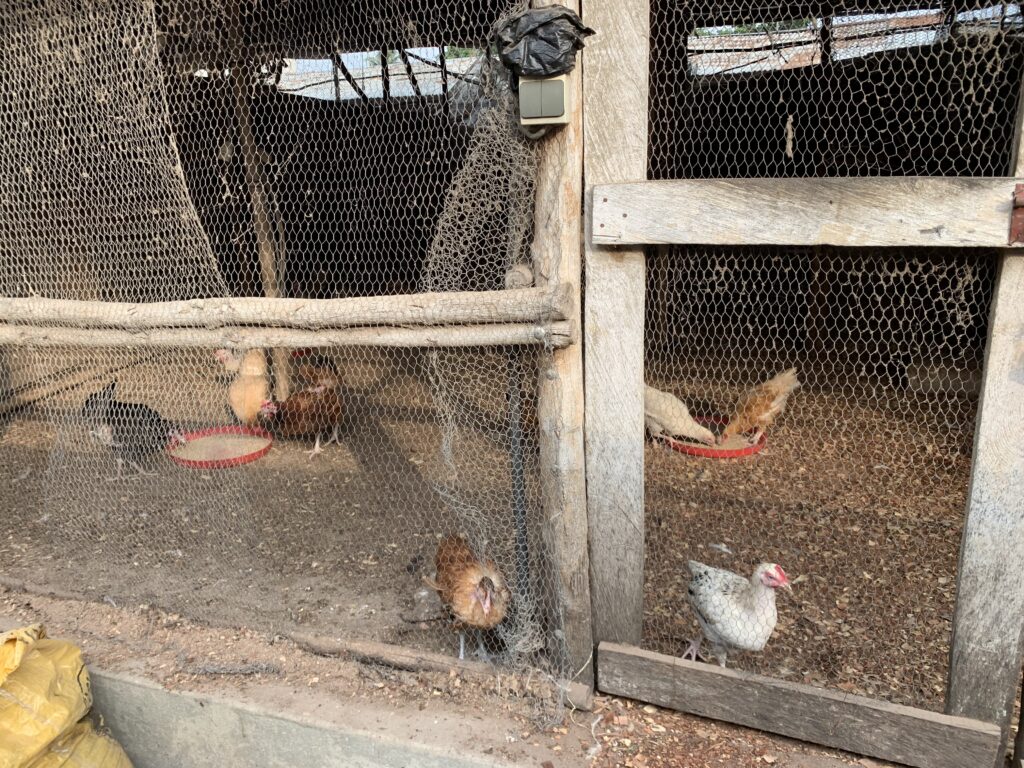
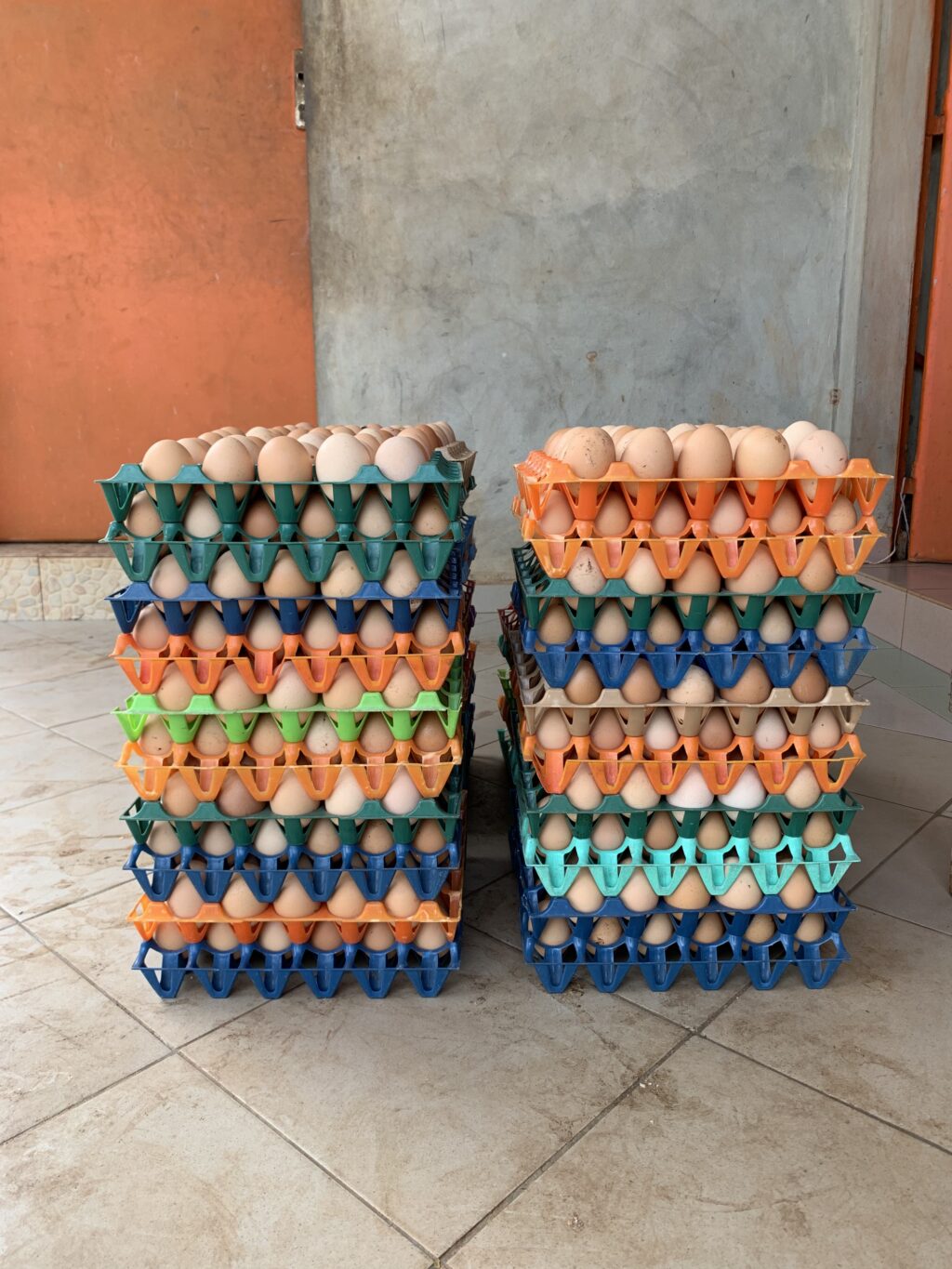
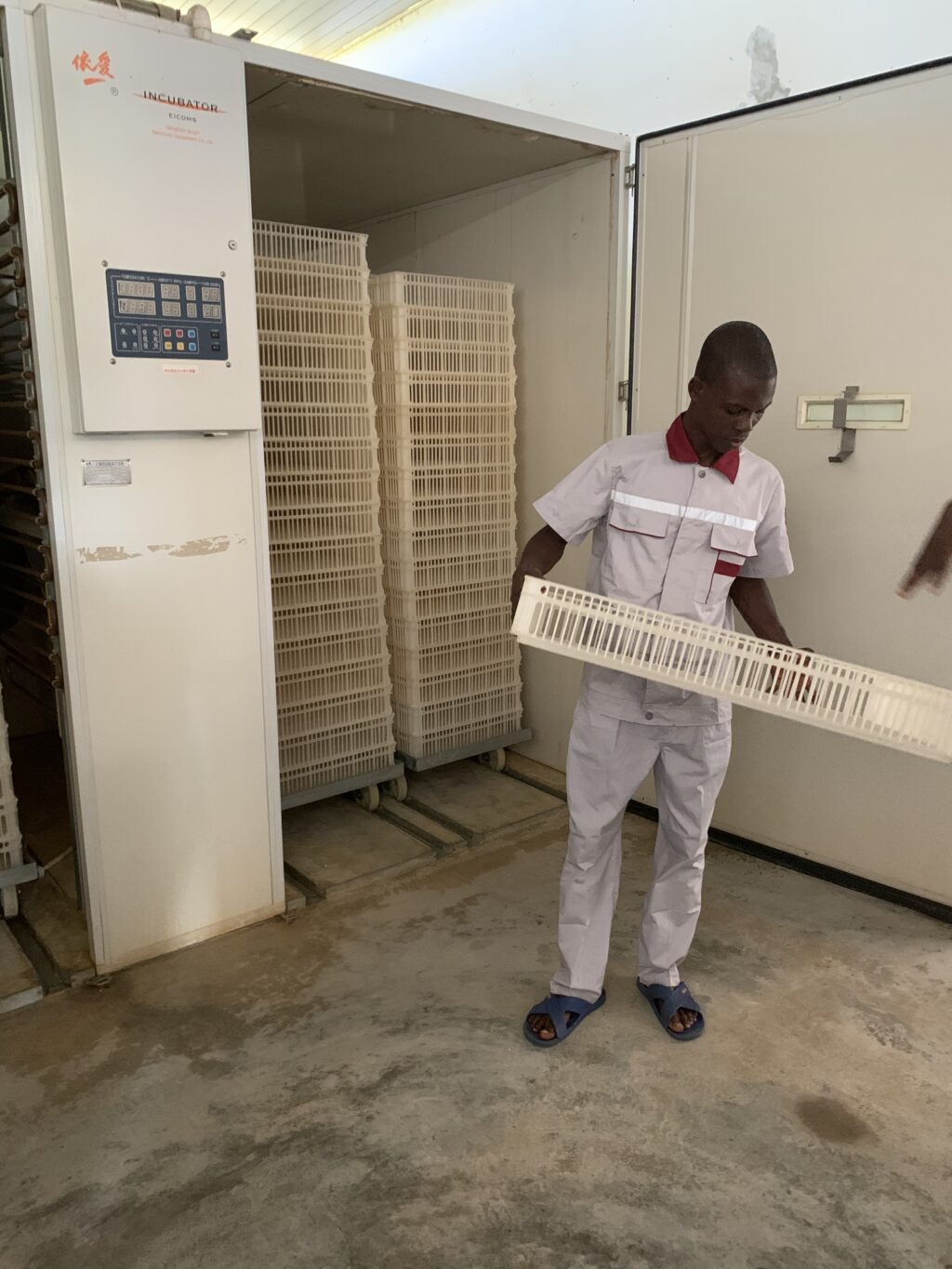
Facts
Region: Africa
Sector: Terrestrial and Aquatic Animals
Country: Benin
Type: Project
Country partners: Directorate of Livestock of Ministry of Agriculture, Livestock and Fisheries; Polytechnic School of Abomey-Calavi, University of Abomey-Calavi; The Territorial Agricultural Development Agencies; Association of Private Veterinarians of Benin (AMeVeP); Union of Suppliers of Inputs and Services in Poultry Farming of Benin (UFISAB); National Union of Poultry Farmers of Benin (UNAPB)
Timescale: 15th February 2023 - 15th August 2024
ICARS funding: 149,948 USD
ICARS Science Team



Resources
Share
Share this project on socials
Featured projects
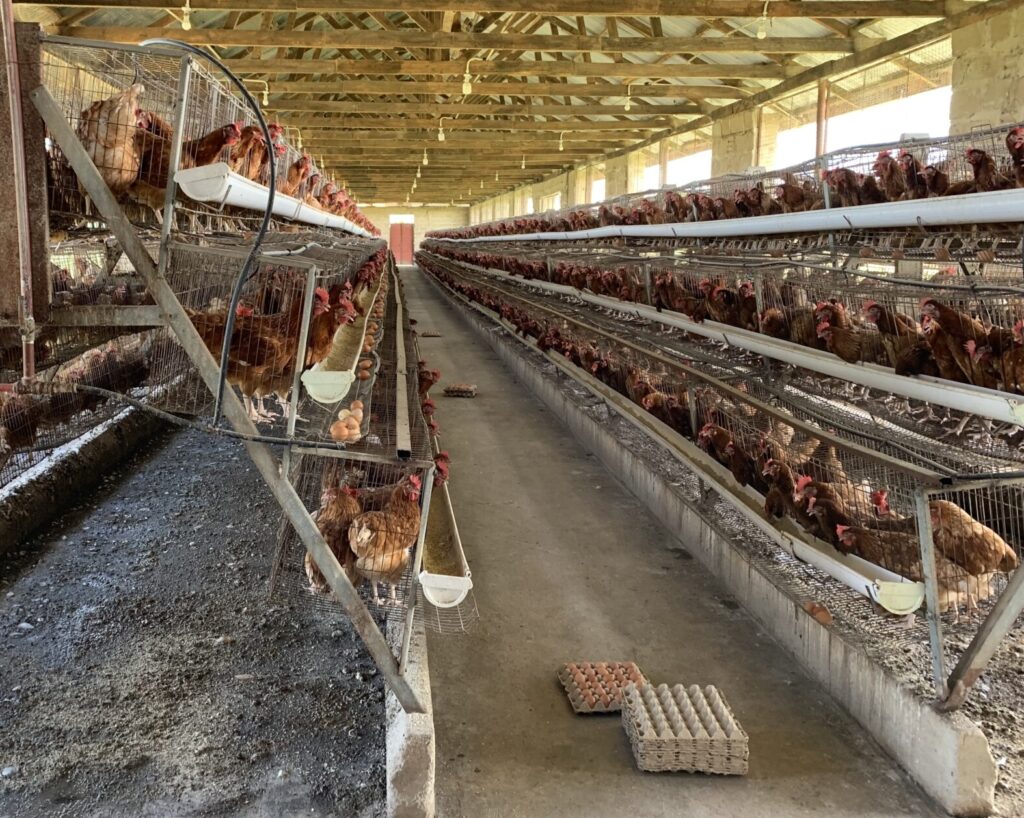
Combating antimicrobial resistance and antimicrobial residues in the Zambian poultry sector
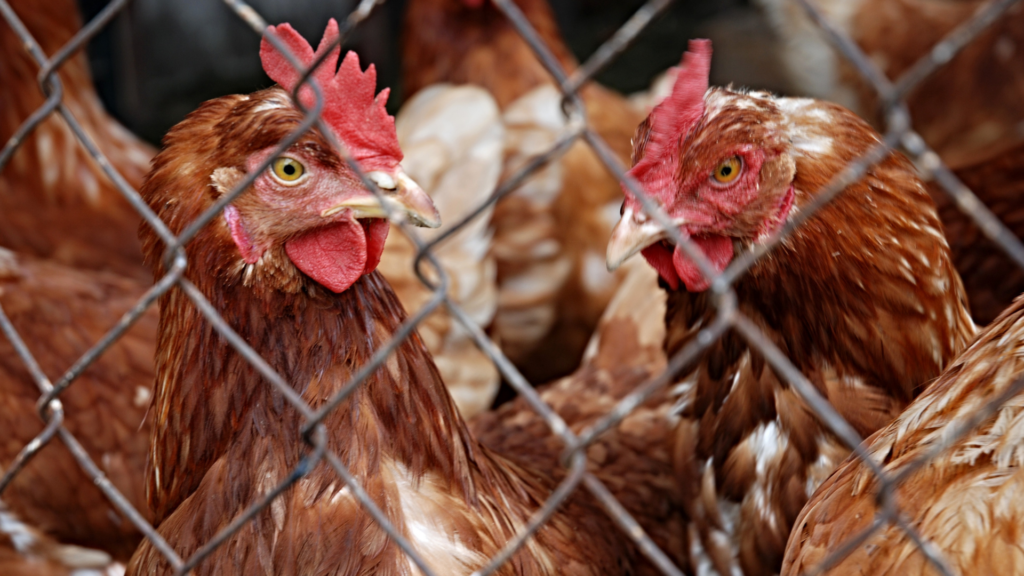
Interventions to control the dynamics of antimicrobial resistance from chickens through the environment (ENVIRE)
